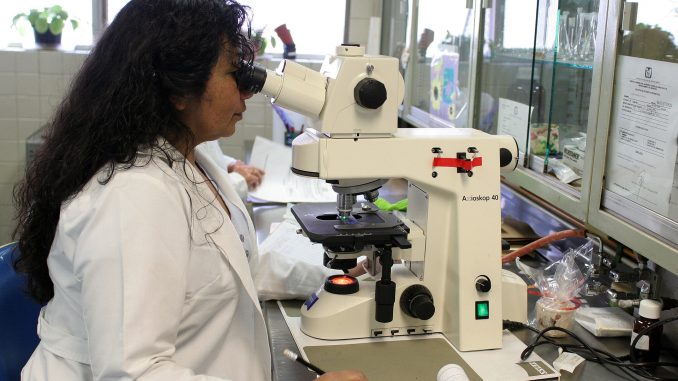
There’s still a lot of uncertainty over the impact that brexit will have on the British pharmaceutical industry. The current system, whereby the single European marketing authorisation allows manufacturers to reduce their costs and facilitate production of high quality medicine, will no longer be in place when the UK leave the EU next year. Members from the industry have warned that this could lead to a delay in accessing new medicines – putting patients at risk.
In a report published last week, the Business, Energy and Industrial Strategy Committee urged the government to secure a new deal with the industry that will keep the closest regulatory alignment that it can with the EU. If Britain fails to achieve this, it could not only damage the sector, but would also see the price of drugs increase. According to the report: “Barriers to trade and duplicated regulations all could lead to higher prices for medicines, with the NHS and consumers expected to pick up the bill or risk reduced access to medicines.”
If the UK moves away from the current regulations set out by the European Medicines Agency (EMA), it could cost as much as £45,000 for each new drug that’s released. This would make the UK far less attractive as a market for new medicines. The UK pharmaceutical industry currently exports £11.9 billion of products to patients across the EU. It was also noted in the report that adding tariffs to products, along with delays with added borders, could be a risk to the flow of trade between the UK and the EU. It’s therefore recommended that the UK should retain their membership in the EMA after it’s been relocated to Amsterdam.
Labour MP Rachel Reeves who chairs the BEIS committee, said: “The government’s own analysis identifies pharmaceuticals as the sector for which UK/EU market access is the most important given the industry is reliant on friction-free border movement for their products. Any delays at the border faced by short-life pharmaceuticals for emergency treatments would have a hugely detrimental impact on patients. The prime minister has previously set out a positive and compelling case for continued cooperation on medicines, but, with the clock ticking, it is now time for the government to end the uncertainty and translate words into actions.
She added: “Some form of membership of the EMA is vital to the continued success of the pharma industry and to the welfare of British patients and the government should strike a deal to keep some of the organisation’s jobs and facilities in the UK, to continue to share our world-leading expertise. The government must do all it can to reach an agreement that not only protects the UK’s status as a world leader for pharmaceuticals but also allows patients across the continent to continue to be provided with the medicines they need.”


Leave a Reply